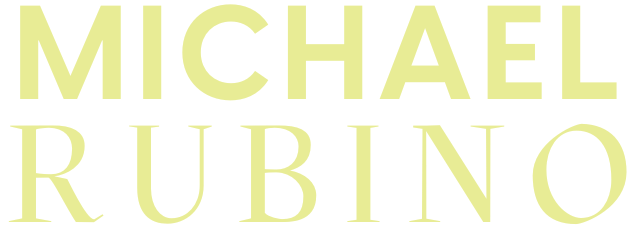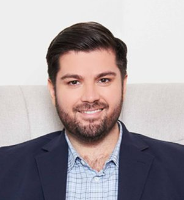Today’s podcast guest is Andrew Salisbury, founder of companies including Purity Coffee, CEO, and awareness advocate. After his wife began experiencing chronic health issues, they eventually discovered that mold exposure was triggering her body to sound the alarm that something wasn’t quite right. During their process of eliminating her exposure and getting her body back on track, Andrew stumbled into the world of coffee.
Initially, he believed that coffee, in general, was something that his wife should avoid to help her better heal after her mold exposure. After being tasked with providing serious proof before she gave up her bean water, he discovered that this caffeinated beverage could be beneficial to health if the brand followed certain protocols for their coffee. “It’s about the presence of good things and the absence of bad things.” One such bad thing that he discovered in unhealthy coffee was mold and mycotoxins.

From there, she dealt with the time-consuming healing process that she’s still working through to this day. She also battled the PTSD and mental hurdles that often come along with dealing with an issue like environmental exposure in the home. Still, she’s choosing to focus on the positives and, instead, is using her newfound knowledge to live a healthier life and be more aware of her surrounding indoor environments. She’s also using her experience to help as many of those around her become more cognizant of the impact these exposures can have, the importance of looking to our indoor environments as potential root causes, and the importance of finding professionals that are equipped to help resolve these issues.
In this episode:
0:30: Emily details what events in her life led up to her realizing the importance of indoor air quality and the impact it has on our health. Initially, she and her roommates began suffering from different symptoms, but they all chalked it up to outside factors. "We didn’t know to look at air quality at the time and just blamed it on stress."
2:00: Emily touches on how many doctors it took to help steer her in the right direction to heal from her exposure. "I was diagnosed with Epstein-Barr virus, but I wanted to find someone who was an expert in dealing with mold."
3:30: Emily explains how mold triggered her Epstein-Barr virus and how her symptoms continued even after moving into a newly renovated home. "Renovated places and newer places seem safer than an old building…" but that’s not always the case.
5:00: Emily lists a large number of wide-ranging symptoms she experienced while battling exposure. "I didn’t have the energy to even walk, even, and that was really scary for a pretty active person." "Every system in my body… the alarms were sounding."
9:30: Emily touches on her healing journey and the PTSD she faced after struggling with the negative health impact exposure causes. "I had to work really hard to get out of this state of fight or flight fear… I had to believe I could get better and feel better before I did."
12:30: Emily describes her initial reaction to her chronic symptoms and how she had no idea what could be making her feel so unwell. "I don’t know what I thought it was. I just kept thinking, "What is wrong with me?" She had to really dig to find information and realized, after navigating quite a few Facebook groups, that dealing with this issue and figuring out how to heal is not common knowledge.
16:45: Emily touches on the lack of understanding she’s experienced while talking to others about her journey with mold exposure. "It’s not something that you think of unless you live through it… It took my family and friends a really long time to wrap their heads around it."
28:30: Emily describes the lack of acceptance she’s noticed in society when it comes to mold and the extent to which it can impact health.
32:30: Emily explains the importance of gathering knowledge and information to create a toolkit to navigate any future situations that could involve exposure. "You will not be able to avoid exposure completely. The best thing you can do is control your home and then have tools you can rely on when you do find yourself in that situation (dealing with exposure).
37:45: Emily shares one thing she wishes she could have told herself at the beginning of her journey dealing with exposure. "You can help a lot of people by sharing your experience, and eventually you’ll get back to living a normal life."
42:10: Emily provides one piece of advice she would give to anyone going through a similar experience as the one she faced.

